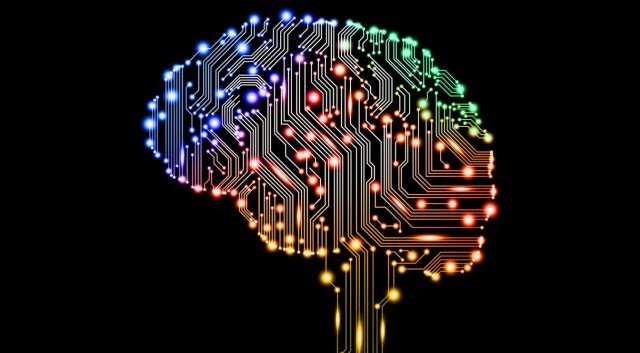The Future: An Efficient Justice System Run By Artificial Intelligence
I should preface this article by saying that I don’t believe in the current justice system or how it is designed. For starters, I don’t believe we should be judged by a jury of our peers, but rather a council that knows and has studied the law. I will talk about how artificial intelligence will have a dominant role to play in the future of the justice system, but first I want to talk about how I would change the justice system today if I could. I’m hoping this will give you a better perspective on my thinking and where my belief is coming from.

The average person in the United States is not knowledgeable and unbiased enough to fairly deliberate a judgement. In addition to this, it is fact that a single strong minded juror can sway the opinion of multiple other jurors in a short period of time, despite how illogical or wrong their reasons might be for voting one way. If I was the person in charge of setting up a trial system today, I would take the following three steps. One, end trial by your peers and replace them with a council of judges to have better representation from those who understand the law. Two, remove the defendant’s and the victim’s name and ethnicities from all documents pertaining to the case in order to deter racial or economic bias. Three, remove everyone from the courtroom except the lawyers and judges with testimony to be filmed and transcribed at a different location. Defendants, victims, families and witnesses for both sides would sit in another room and watch the lawyers and judges deliberate over the case. In my opinion these steps would help the vast inequality in the justice system today caused by bias. While this really isn’t realistic and will most likely never happen, there is a possibility that might happen in the future, an efficient justice system run by artificial intelligence.

As the technology of AI continues to get better and better, there will most likely be a turning point in the next 100 years where it will become sufficient enough to analyze a case and testimony far better than any human being could do. Computers, even artificial intelligence systems that are programmed to follow a strict set of rules, by their nature can’t be biased. All they would see would be the data put before them to analyze. Data would rule king and hard evidence would be weighted heavily in a deliberation. There would be a learned algorithm by the artificial judge that could look at both arguments and make a decision. Their judgement would be void of emotions that often can skew the thinking of judges and jurors.
Some may say emotions are a large part of trials because you can read humans by looking at them and have a hunch that they are guilty. However, the reality is that if we look at many fields where hunches and feelings are what people claim brings them ahead, in many of those cases computers end up out performing them. For example, in the finance industry where hedge fund managers and mutual funds hold much of the population’s retirement funds, we are starting to see competing computer algorithms that are doing as well or better than the competition to the magnitude of tens of percentages and this is only the beginning. As artificial intelligence systems become more and more advanced we are going to see many industries that are disrupted primarily because computers will be able to do the job much more efficiently and just plain better than a human being.

Some of the less obvious advantages of having artificial intelligent computer systems running the justice system comes just in pure practicality. For example, computers don’t need to take breaks and can process cases twenty-four hours a day, seven days a week without stopping. With a justice system that is currently awaiting tens of thousands of trials and with jails housing thousands of prisoners for months, just awaiting a trial, AI could massively cut down on the backlog. Artificial intelligence also can’t be bribed by advancement or other perks should one of the parties win over the other. With recent scandals in the news with judges taking bribes, or getting throwbacks for sending people to jail, this would alleviate this problem entirely. Lastly artificial intelligence wouldn’t be able to be blamed for the decisions they make because they are making them by data analysis.

All these reasons add up to why I think that not only will we be seeing artificial intelligence running the justice system in the future, but I believe it will be running it far better than how it is currently run. In delicate situations like the justice system, where someone’s life could literally be ruined in an instant, there is no room to leave human error and bias to chance. We must make a change that is more efficient and better performing in order to increase the welfare of our citizens. To achieve these outcomes, in math and science we can trust.
-Calaber24p
